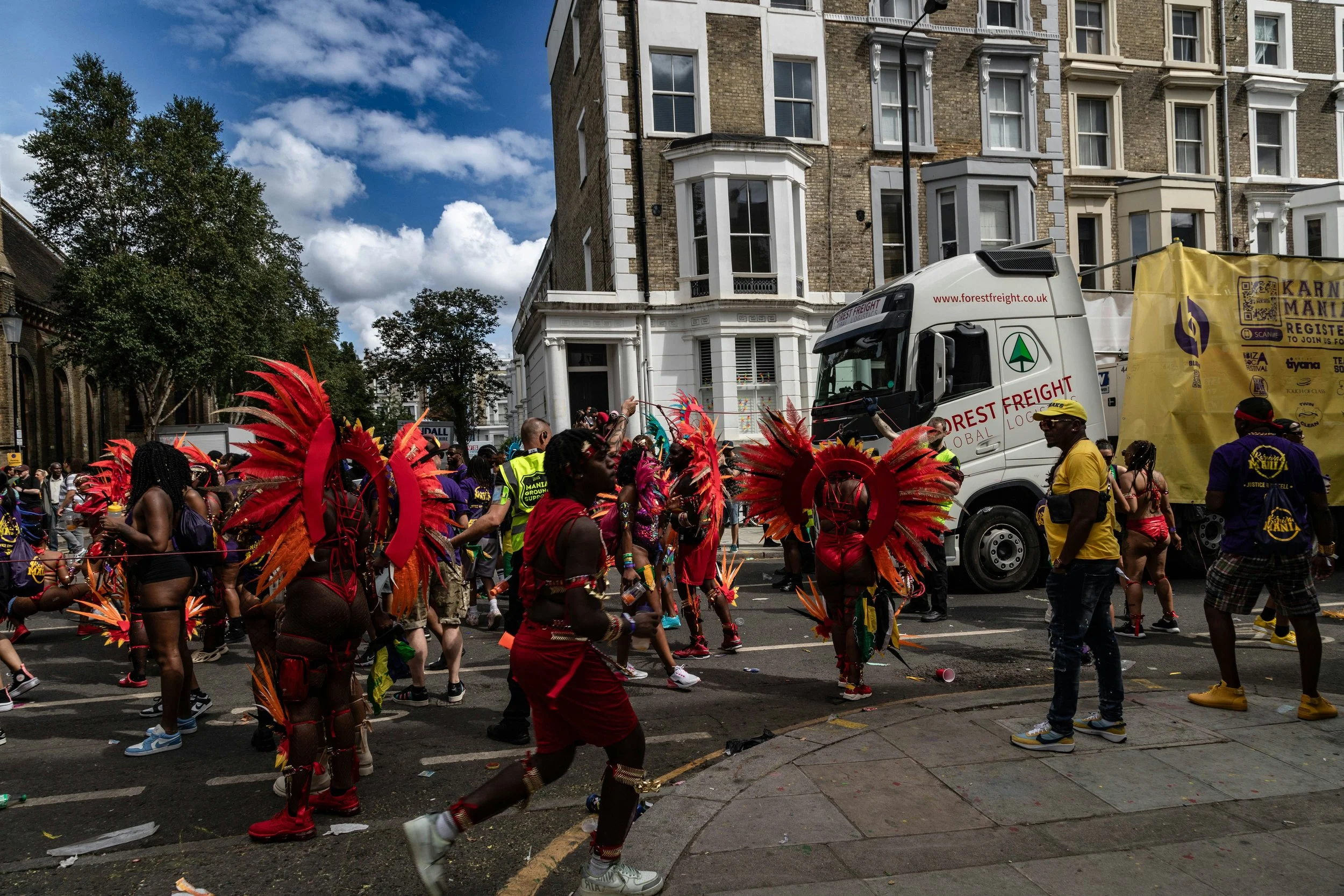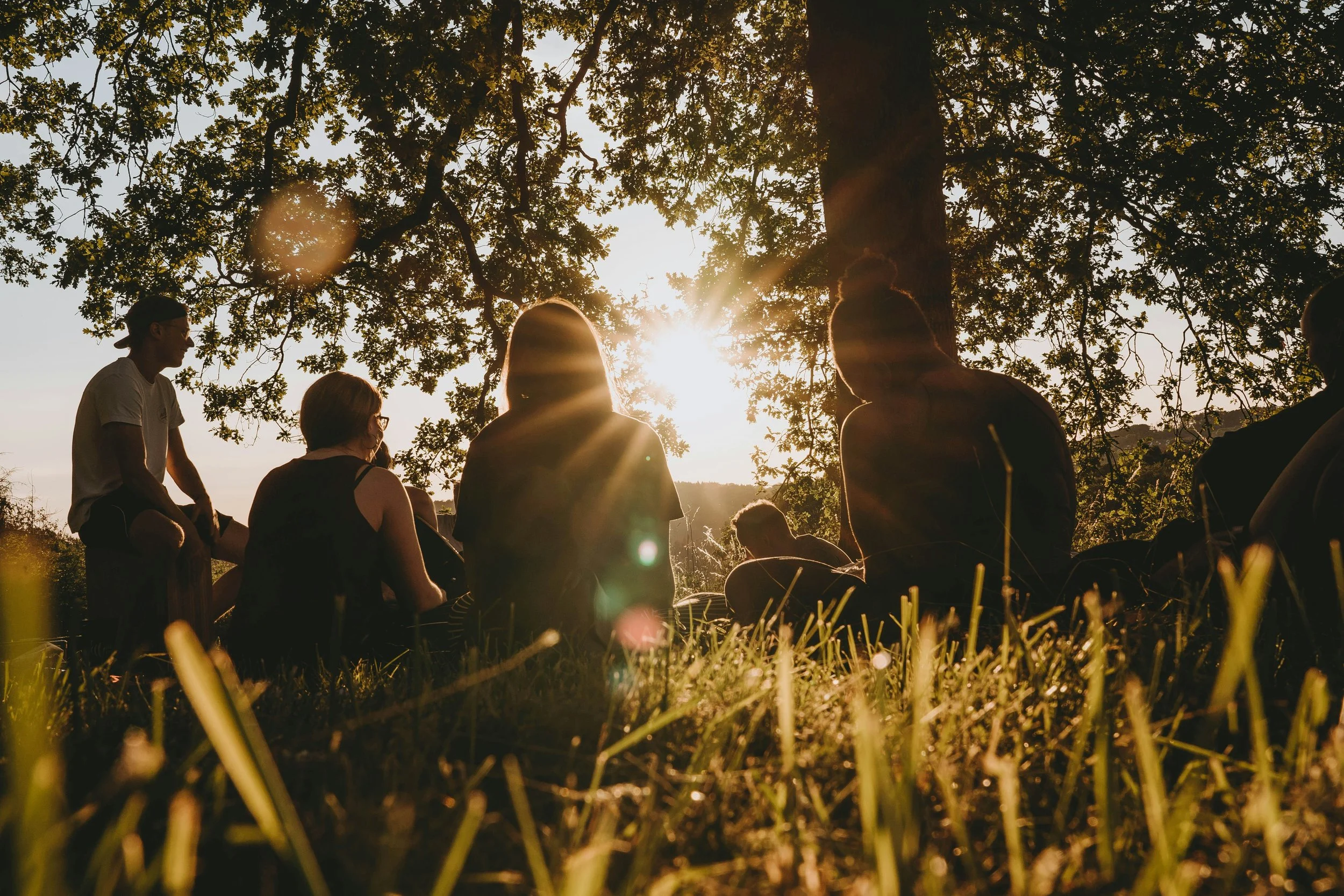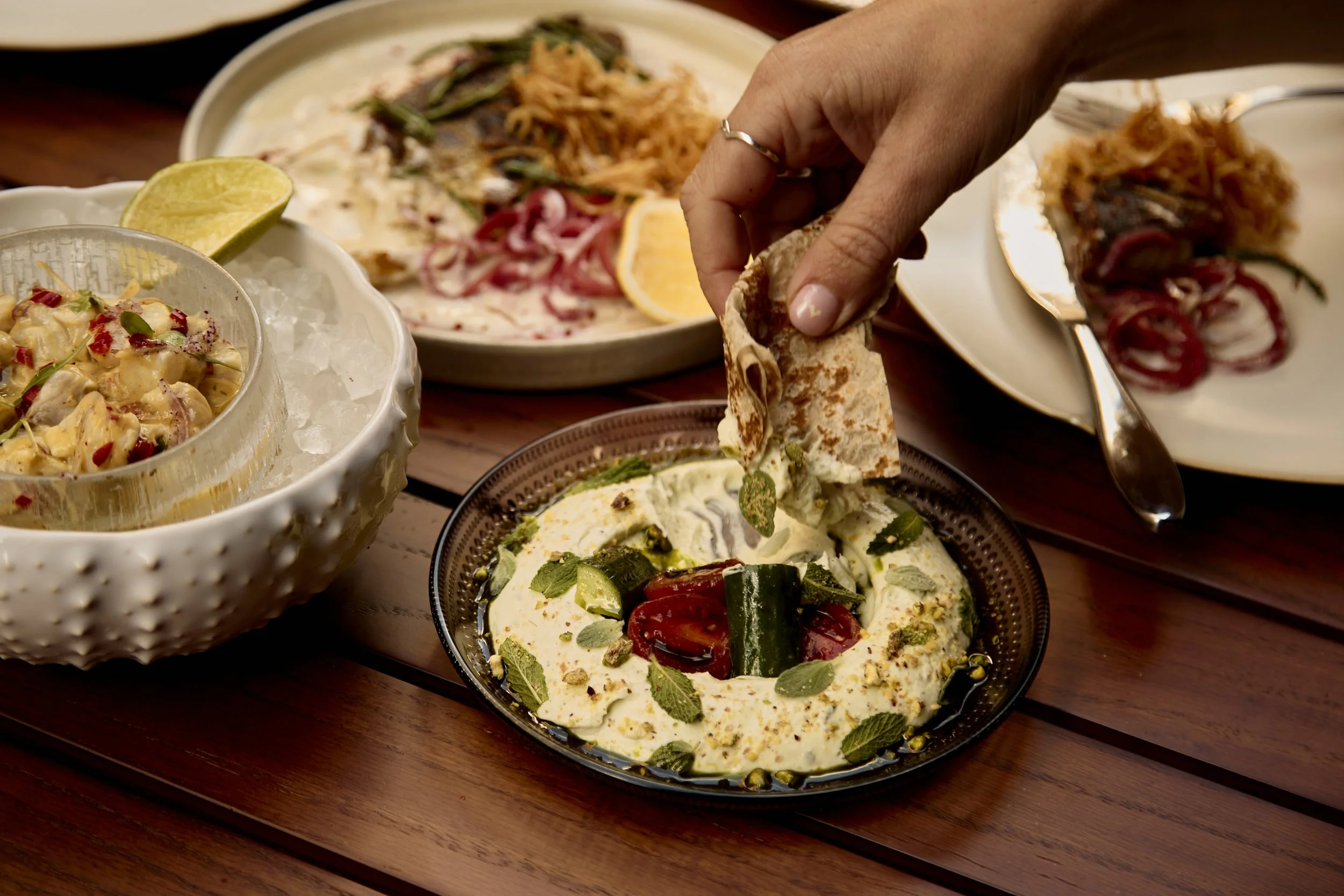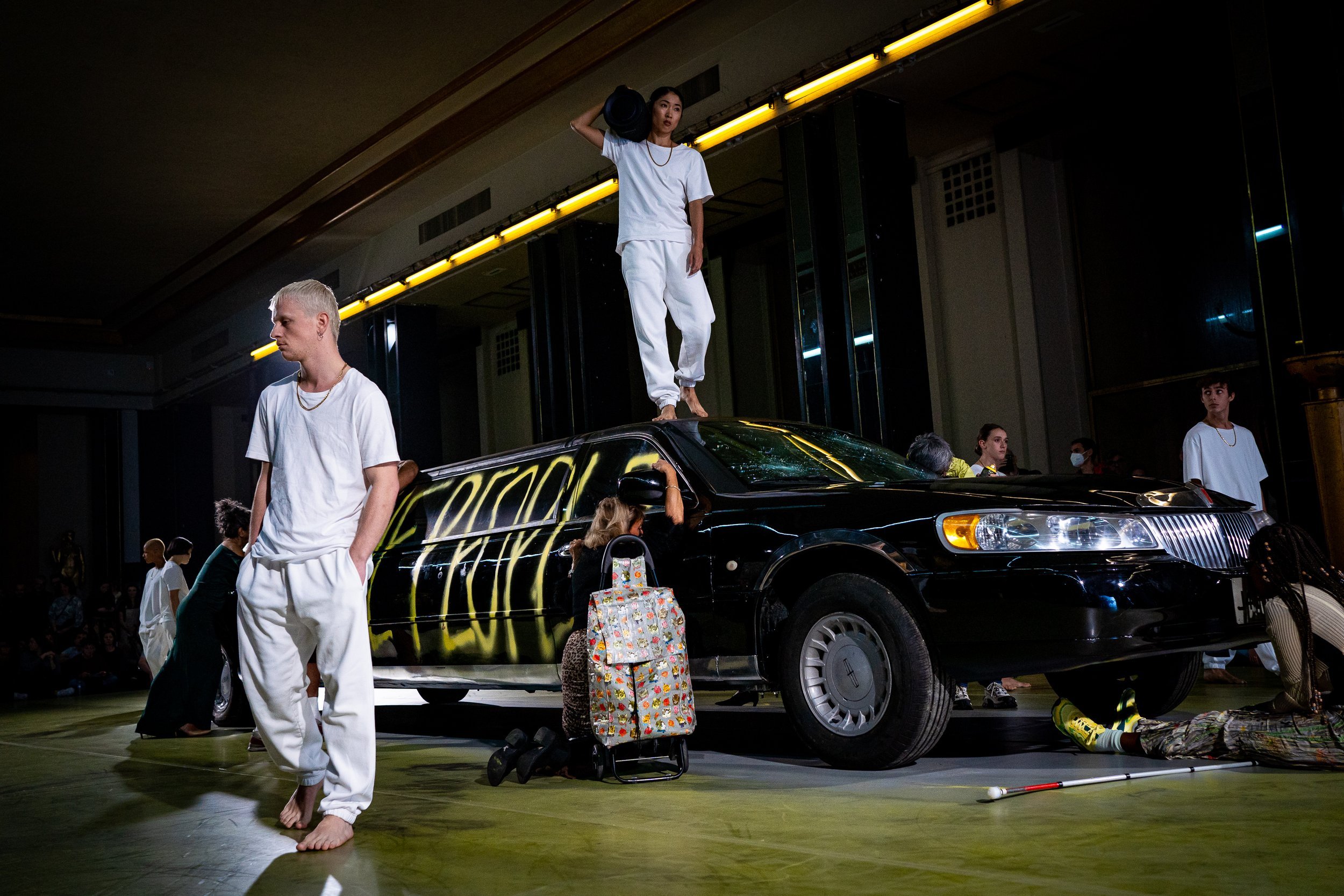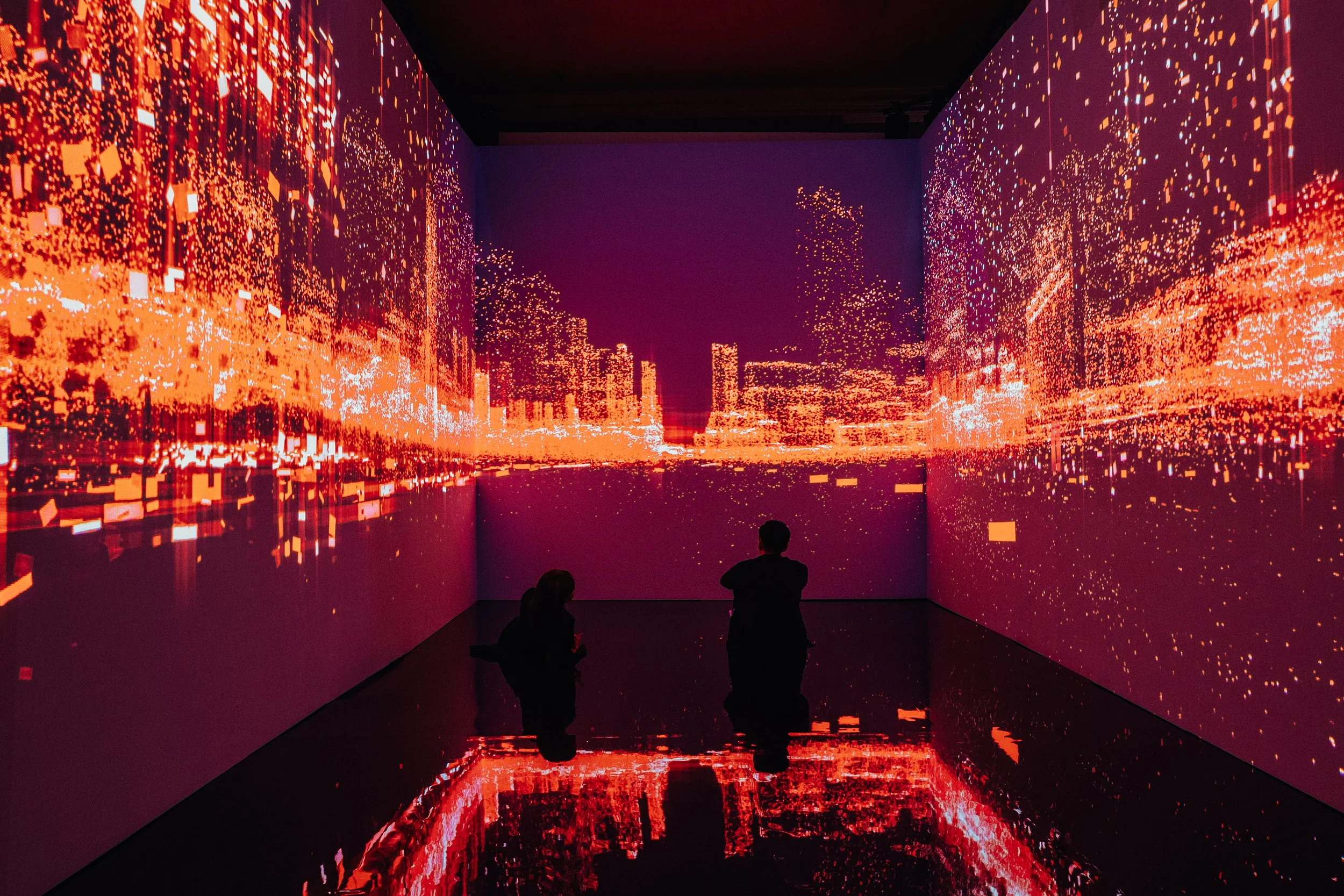Empowering young minds: the importance of diverse representation in literature
Diversity is a vibrant and essential thread in the tapestry of modern British society. The literature we expose our young people to must reflect this rich variety of experiences, cultures, and perspectives. This article explores the significance of diverse representation in literature for young readers, its impact on personal development, and how it contributes to a more inclusive and understanding society.
The power of seeing oneself in stories
Books serve as windows into different worlds and mirrors reflecting their own experiences. When children and teenagers see characters who look like them, share similar cultural backgrounds, or face comparable challenges, it can be a profoundly affirming experience. This recognition can boost self-esteem, validate their experiences, and foster a sense of belonging in a world that might sometimes feel alienating.
Conversely, when young people from minority backgrounds rarely encounter characters who resemble them in the books they read, it can lead to feelings of invisibility or marginalisation. We send a powerful message to all young readers by ensuring diverse representation in literature: your story matters, and you have a place in the narrative of our society.

Photo by Aaron Burden
Broadening horizons and fostering empathy
While seeing oneself represented in literature is crucial, exposure to different cultures, experiences, and perspectives is equally important. For young readers from majority backgrounds, diverse literature serves as a window into the lives of others, fostering empathy and understanding.
Through well-crafted stories featuring diverse characters, young readers can gain insights into the challenges, joys, and everyday experiences of people different from themselves. This exposure can help break down stereotypes, challenge preconceptions, and nurture a more inclusive worldview from an early age.
Preparing for a globalised world
Exposure to diverse literature helps prepare young people for the globalised workplace and society they will inhabit as adults. Young people can develop cultural competence by reading about characters from various backgrounds. This skill is invaluable in both personal and professional contexts, fostering better communication, collaboration, and mutual respect.
Diverse literature can inspire curiosity about the wider world, encouraging young readers to explore different languages, traditions, and ways of life. This curiosity and openness to diversity can be a significant asset in an increasingly global job market and society.
Enhancing critical thinking skills
Exposure to diverse literature can also enhance critical thinking skills. As young readers encounter different perspectives and experiences, they are encouraged to question their own assumptions and biases. This process of reflection and analysis can lead to more nuanced thinking and a greater ability to consider multiple viewpoints.
Moreover, discussing diverse literature in classroom settings or book clubs can foster rich conversations about complex social issues. These discussions can help young people develop their ability to articulate their thoughts, listen to others, and engage in respectful dialogue about potentially sensitive topics. English literature revision can then go on with a greater, deeper understanding. Explore Save My Exams English Literature revision resources to find past papers and more tools. They can help you prepare for your English Literature GCSE.
Challenging stereotypes and prejudices
Literature has the power to challenge stereotypes and prejudices by presenting nuanced, authentic portrayals of diverse characters. When young readers encounter well-rounded characters from different backgrounds, it helps counteract the often one-dimensional or stereotypical representations they might encounter in other media.
For instance, books featuring strong, multifaceted female characters can challenge gender stereotypes, while stories centred on characters with disabilities can promote understanding and inclusion. Literature can help young readers question their assumptions and develop a more open-minded perspective.
Inspiring creativity and ambition
When young people see diverse characters succeeding in various fields and overcoming challenges, it can inspire them to pursue their own dreams and ambitions. Representation in literature sends the message that success and achievement are possible for everyone, regardless of their background.
For example, a young British Asian girl reading about a successful female scientist of South Asian descent might be inspired to pursue a career in STEM. Similarly, a working-class boy encountering characters from similar backgrounds achieving their goals might feel more confident in his own abilities and potential.
The role of publishers and educators
Publishers and educators play a crucial role in promoting diverse representation in literature. In recent years, there has been growing recognition of the need for more diverse books in the UK. Initiatives like the Jhalak Prize, which celebrates books by British writers of colour, are helping to raise the profile of diverse authors and stories.
Educators can contribute by consciously selecting diverse texts for their curricula and classroom libraries. Teachers can create more inclusive and representative learning environments by exposing students to a wide range of voices and experiences.
Overcoming challenges and resistance
It’s crucial to emphasise that diverse literature is not about replacing existing works, but about expanding the canon to be more inclusive and representative. By presenting a wider range of stories and perspectives, we enrich the literary landscape for all young readers.
Moreover, it's important to recognise that what we consider 'classic' literature is itself a product of historical and cultural contexts, often reflecting the biases and limitations of past societies. By broadening our definition of literary merit to include diverse voices, we can create a more comprehensive and representative literary canon.
ZIMA offers a modern take on traditional Russian, Ukrainian, and Eastern European cuisine, bringing distinctive and authentic flavours of the region to the Notting Hill dining scene…
The Paper Moon story began in Milan’s “Golden Rectangle”, the city’s ultra luxury fashion district, where it built a reputation for impeccable, yet honest, Italian cooking. Since then, the brand has expanded to locations in Turkey, Hong Kong, Portugal, Doha, and soon, New York. Here in London, it has found itself an equally prestigious spot at the OWO…
August in London offers a wide mix of events and experiences, from outdoor cinema and live music to major festivals, family activities and new art installations. Here’s a round-up of what’s happening across the city this month…
Clive Lyttle is the Artistic Director of Certain Blacks, a new Arts Council England funded organisation. He has held senior roles at Arts Council England, including Head of Combined Arts for the South East, overseeing circus, outdoor arts, and major venues like The Roundhouse and Jacksons Lane…
The Italian Greyhound sits handsomely on the corner of Seymour Street and Seymour Place in an area sprinkled with high end restaurants like Anglo Thai and Basque restaurant Donosita. It is just here to be the neighbourhood restaurant we all need.
Departing from the usual art fair model of booths, Art Basel Qatar will focus on solo exhibitions by galleries, shaped by individual artistic visions. The fair is designed to create a more meaningful experience for visitors while spotlighting artists and galleries from the Middle East, North Africa, South Asia, and beyond…
To mark its 25th anniversary as one of London’s leading cultural institutions, Somerset House will throw open its doors on 13 and 14 September 2025 for Step Inside 25, a celebratory weekend of free interactive events, performances, exhibitions and workshops…
This week in London, experience the timeless ballet Giselle performed by the National Ballet of Japan and a powerful live show where poet Caleb Femi and musician Jordan Stephens blend words and beats. Explore experimental sound at Signals, groove to jazz at JAZZ RE:FEST 2025, and enjoy the orchestral magic of the BBC Proms…
Noreen, a newly opened Middle Eastern restaurant in St Christopher’s Place, offers a standout dining experience with bold flavours and beautifully presented dishes. Surrounded by the charm of cobbled streets, it’s a place worth seeking out…
Pippin’s is a new Modern British restaurant located within the recently opened Hotel Templeton Garden in Earl’s Court. Tucked away on a quiet, elegant street of Victorian terraces, the restaurant offers a refined dining experience in a peaceful yet well-connected part of London…
There’s so much happening in London this week, from outdoor exhibitions like Sculpture in the City and music highlights like BBC Proms and Somerset House Summer Series, to unique experiences such as the Lord Mayor’s Hot Air Balloon Regatta…
This September, the Southbank Centre presents We Should Have Never Walked On The Moon, a groundbreaking new collaboration between Rambert and Ballet national de Marseille, under the direction of (LA)HORDE…
London’s food scene is always evolving, and this July brings a fresh wave of exciting places to discover. With new restaurant openings, seasonal menus, chef collaborations, and a mix of relaxed terraces and late-night hotspots. Whether you’re craving modern British cuisine, Middle Eastern flavours, classic Italian…
Manchester International Festival got underway on Thursday (3 July), under the directive to ‘dream differently’, the Festival this year is set out to inspire fresh perspectives and challenge conventional thought.…
In 2026, London’s art scene will be defined by a series of compelling exhibitions celebrating pioneering female artists and influential creative voices. The Tate will lead with a programme featuring landmark shows, including a major survey of Tracey Emin, tracing four decades of…
The David Bowie Centre at V&A East Storehouse, opening on 13 September 2025, will bring visitors closer than ever to the life, work and creative vision of one of the most influential artists of modern times. More than 90,000 items from Bowie’s personal archive will be housed in the new centre…
Each summer, Henley-on-Thames plays host to the Henley Royal Regatta, an event that is as much a celebration of British sporting excellence as it is a fixture on the social calendar. Renowned worldwide for its rich heritage and competitive rowing, the regatta draws top crews and thousands of spectators…
Judith Clark is a curator and fashion exhibition-maker, and currently Professor of Fashion and Museology at the University of the Arts London. She lectures on the MA Fashion Curation and is a founding Director of the Centre for Fashion Curation. From 1997 to 2002, she ran London’s first experimental fashion gallery in Notting Hill…
The timing of this exhibition could not be better. At the end of a long winter, and egging on London’s reluctant spring, the Saatchi Gallery brings us FLOWERS in full bloom…
Missed out on Wimbledon 2025 tickets? Don’t worry – you can still enjoy the magic of this iconic British summer event right here in London. From 30 June to 13 July, big screens will be set up across the city, broadcasting all the live action from SW19…
The Royal Academy Summer Show has returned for its 257th exhibition. Curated under the theme of ‘Dialogues,’ the 2025 edition is coordinated by internationally acclaimed architect and Royal Academician Farshid Moussavi and explores art’s capacity to forge dialogues and build sensitivity towards societal concerns such as ecology, survival and living together…
Marylebone’s best-kept secret, Portman Square Garden, is once again set to bloom with life and laughter as Summer in the Square returns in July 2025. Now in its 11th year, this free community festival transforms the usually private garden into a lively…
The South London Gallery will open Thrill, Fill, Spill, a major solo exhibition by internationally acclaimed artist Yto Barrada, on 26 September 2025. Renowned for her cross-disciplinary practice that weaves together sculpture, textiles, film and painting…
Tate Modern will unveil Nigerian Modernism, the first major UK exhibition to chart the evolution of modern art in Nigeria. Opening in October 2025, the show will present more than 250 works by over 50 artists, exploring a rich period from colonial rule through independence and into the global present…
The South London Gallery will open Thrill, Fill, Spill, a major solo exhibition by internationally acclaimed artist Yto Barrada, on 26 September 2025. Renowned for her cross-disciplinary practice that weaves together sculpture, textiles, film and painting…
Oskar Zięta is an architect, process designer and artist whose work challenges the boundaries between disciplines. His practice brings together design, engineering, art and bionics to create sculptural forms. His latest installation, ‘Whispers’, is currently on display outside One New Ludgate as part of the London Festival of Architecture 2025…
The Park Corner Brasserie, running under the culinary leadership of Chefs Jean Didier and Anthony Marshall, who serve up refined British fare with seasonal flair from an attractive state of the art kitchen. The menu is delightfully diverse, satisfying everyone’s taste. From a juicy Park Corner Burger to a Dover Sole and even a Slow Cooked Barbary Duck Leg…
The London Design Biennale 2025 has officially opened at Somerset House, running from 5–29 June, bringing together over 40 pavilions from around the world in a bold celebration of global creativity. Now in its fifth edition, this year’s Biennale is curated by Artistic Director Dr Samuel Ross MBE, an award-winning British designer…
Danny Larsen is a Norwegian artist who has transitioned from a successful career in professional snowboarding to establishing himself as a distinctive painter. His detailed neo-pointillist landscapes reflect a deep connection to nature and a personal journey of transformation. Ahead of his debut London solo exhibition…




